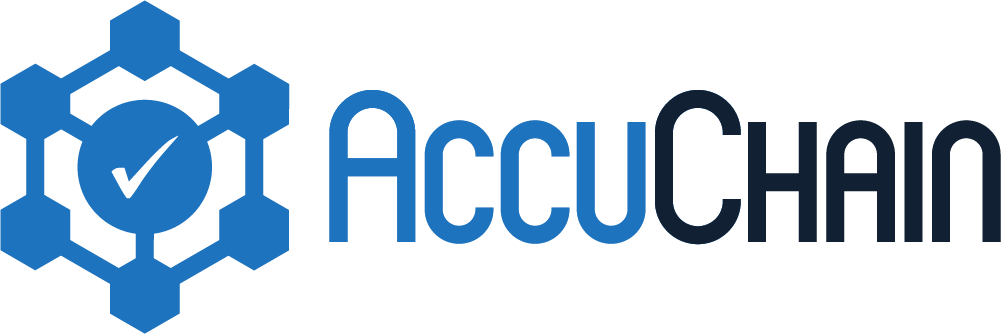Career as a Tech Entrepreneurs
The idea of creating a high tech “start-up” has become very popular as people and cities all over the world want to join or emulate Silicon Valley. But, let’s start with the tough news:
Here is a quote from Business Insider:
“A company accepted by Y Combinator has less than a 1-in-10 chance of being a big success.”
From an individual founder’s point of view, the 10% success rate prediction could be considered unattractive. However, start-up investors make multiple bets — their portfolios are diversified. So, they are not too concerned about those 90% of their bets that are not going to bring in big profits.
Placing High Tech Start-ups into the Mix of the Rest of the World of Work
Let’s look at the other aspect of the world of work — the employees in the high-tech US giants versus the rest of the workers on our planet.
Let’s look at the Big 5: Alphabet, Apple, Amazon, Microsoft and Facebook. The total market capitalization of the Big 5 is $5.5 Trillion and their combined annual revenue is currently $1.0 Trillion; and they employ 1.28 million employees. Their annual revenue/employee is $845,000 employee. It is difficult for even a successful start-up to get to that level of revenue generation per employee! They also dominate many areas of cutting edge commercial technology. Now if we look at the rest of US companies the annual ‘value’ of products and services per worker or employee is $160,000. No. of employees or workers equals 130 Million. The total annual value generated by all employees or workers is $21.3 Trillion.
How can AccuChain Increase the Odds for an Entrepreneur to be Successful?
The first thing for any aspiring entrepreneur to do is to make sure that he or she has the “right stuff” to be a successful high-tech pioneer. What does that take?
Well, there are two main types of high-tech entrepreneurs:
· Business oriented individuals — you must either love numbers or marketing and sales, and, ideally, excel in those areas
· Technical people — here you do not have to be at a PhD level, but you better love development. Formal education is not as important as being at the “cutting edge of technology”
· Complementary co-founders are ideal
Some start-ups can be created without having to quite one’s “day job” — but at some point, investors will not be willing to fund a company where the founders are not working full-time in the start-up. This doesn’t mean that they can’t have some other sources of revenue. In fact, it is mandatory to have “other revenue” sources to make sure survival needs are not going to interfere with getting the start-up off the ground.
There are several things that one can quickly see as issues that will prevent an aspiring entrepreneur from devoting enough time to the start-up at its critical stage when there are no revenues and it is not yet funded and that is making enough money to live and keep the lights on.
According to the Harvard Business Review, “…when it comes to evaluating the startup team, gut feel and intuition tend to be the main due diligence instruments that come into play. This isn’t a great approach. Data shows us that 60% of new ventures fail due to problems with the team.”
So Where does AccuChain Fit into the Life of an Entrepreneur?
Entrepreneurs can create their own profile on AccuChain and share with investor their validated resume and supporting material, such as: whitepaper, press, technical document and other items that demonstrate your expertise and knowledge. Validation of achievements from past work will help investors understand the founders and early team. The importance of a strong team is critical and AccuChain can help startups stand out. A founder can send any investor a protected link to profiles of their startup team — saving investors time in their due diligence.
